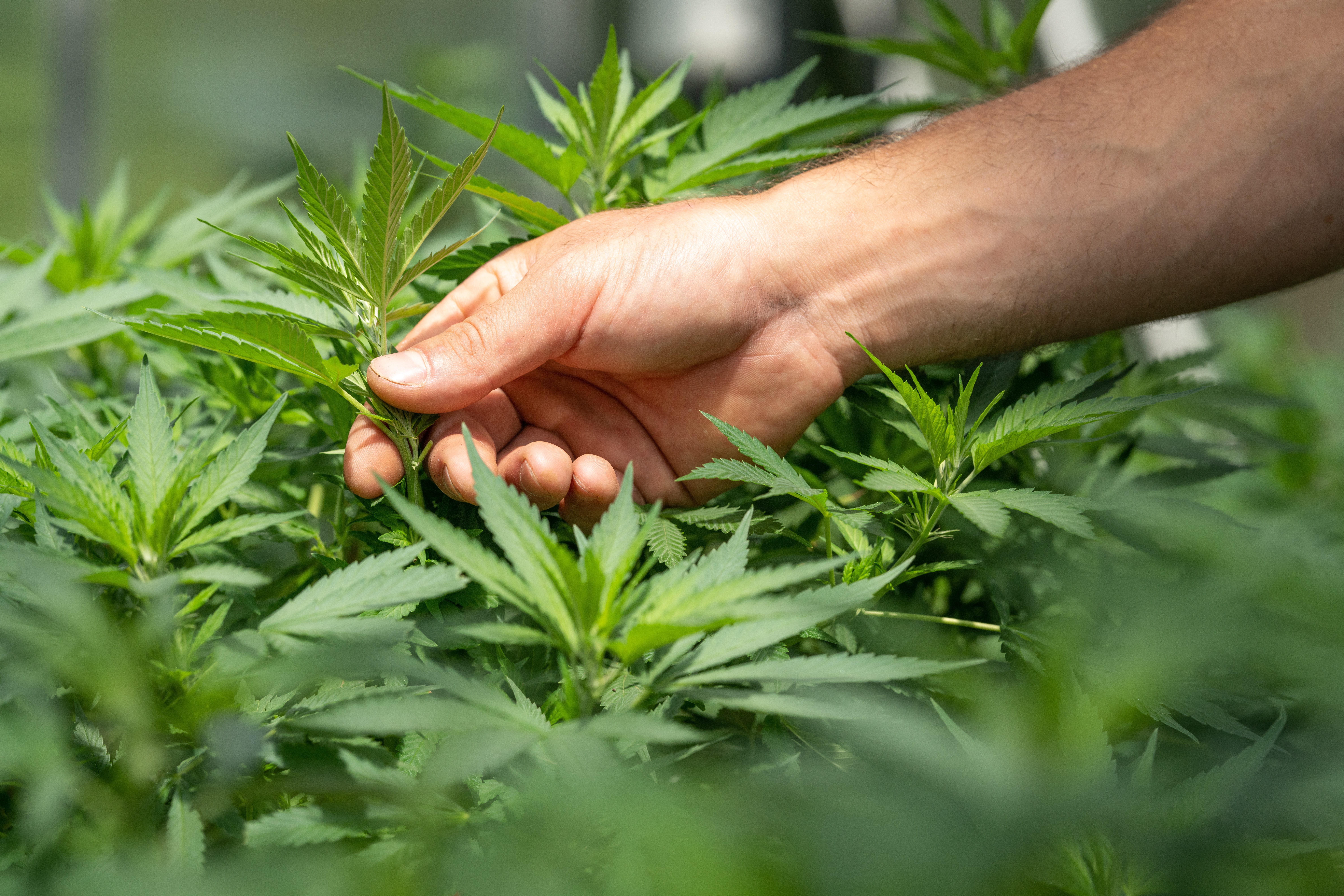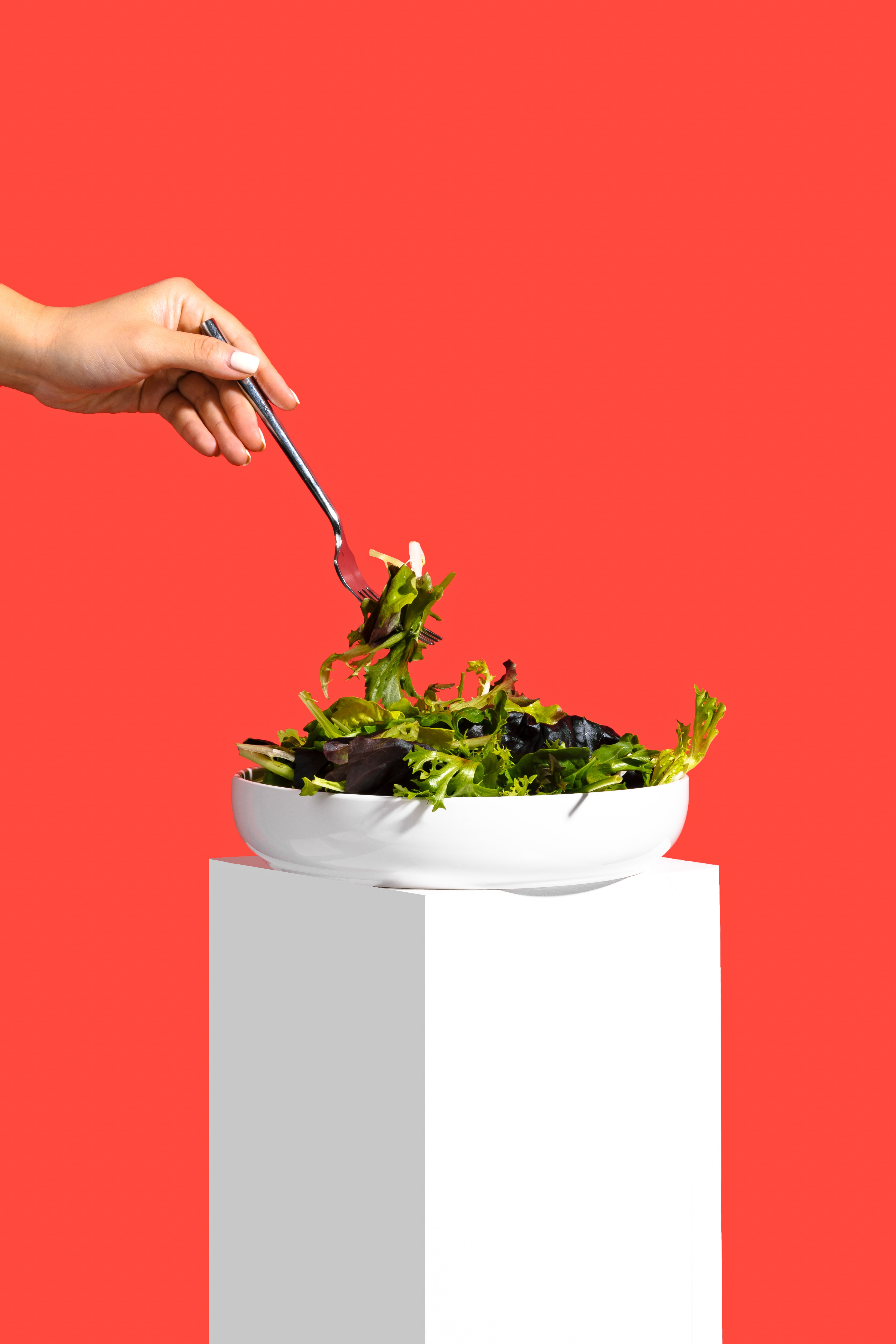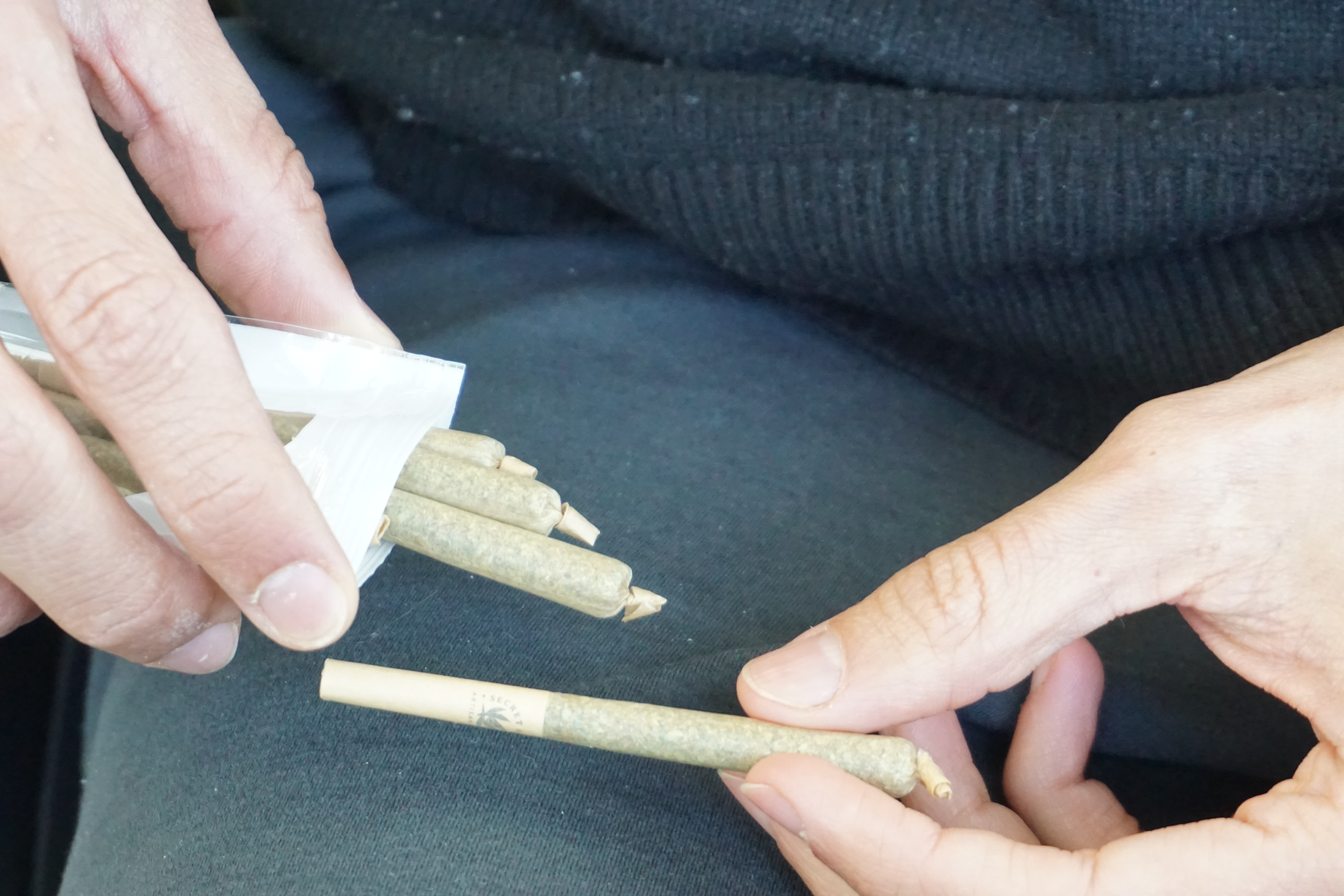The global pandemic has unleashed a resounding impact across all people in all walks of life, including the hemp industry. Among the many things COVID-19 has brought to us, it's the realization of how health is true wealth that will have a lasting effect on us. There was a sudden shift to appreciating our health and being more mindful of what we consume. Suddenly, many people have turned into organic food and sustainable living, and consuming hemp products is just a part of it.
As 2021 marches on, what are the trends that stakeholders in the hemp industry could expect? After the global pandemic, demand for CBD and CBD products has been on the rise. To meet this growing demand, hemp farmers must equip themselves with more knowledge and invest in the right tools to keep up.
Before we take a look into the trends, let's rewind and understand how the hemp industry fared last year. A quick look into past challenges could give us a fresh perspective to look into the hemp industry's current challenges.
A Look Back on the Hemp Industry in 2020
Like many other industries, the global pandemic had disrupted business for several hemp growers and companies. One of the pandemic's significant challenges was closing logistical routes that hindered or stopped altogether the supply chain lines for growers and suppliers alike.
Despite the challenges of 2020 and the global pandemic, Canada's hemp industry still finished strong and reigned supreme among its competitors. Hemp Industry Daily reports that Canada's hemp industry successfully seeded at least 20% more acres than it did in 2019. As 2020 came to a close, Canada secured its position as the largest exporter of hemp products to the US.
There is also a rising interest in hemp, and CBD products have been on the rise. The pandemic has brought a paradigm shift towards healthier, more sustainable living. The positive effects of CBD are just one of the many things that consumers have turned to cope with the stress of uncertainty brought by the pandemic.
With a rising demand for CBD, experts have high hopes that their luck would turn around in 2021.
Here are five promising trends in the hemp industry to watch out for this year.
5 Promising Trends about the Canadian Hemp Industry
- Sales to Grow up to $3.9 Billion in 2021
Since legalizing cannabis in 2018 for both medical and recreational use, Canada looks to expand its hemp industry by offering more products in its Cannabis 2.0 product categories. Some examples of Cannabis 2.0 are cannabis-infused vape, edibles, and topicals.
A study made by Brightfield also showed that during the pandemic, new consumers with children turned to CBD to alleviate the stress and pressure COVID-19 has brought into their household.
According to experts, with a total sales amounting to an estimated $2.6 billion despite the global pandemic in 2020, the Canadian hemp industry could enjoy growth of up to $3.9 billion in 2021.
- Boost in Agriculture
With a rising global demand for hemp and CBD products, Canadian CBD farmers would stand to gain more as they adapt to rotational crop planting. Studies show that growing hemp leaves the soil healthier and rich in minerals that could be very beneficial for the next crop planted in it.
Growing hemp is also incredibly easy and low maintenance. Hemp itself is a sturdy plant that could be grown indoors and outdoors. Seasoned hemp farmers choose to grow their plants outdoors, though, as the plant grows better with plenty of space. Growing hemp outdoors proved to be more economical, too, as farmers can grow them at a massive scale for low costs.
- Diversified Product Offerings
Several experts have been placing their bets on the growth of hemp fibre this year and moving forward. And aligned with Canada's Cannabis 2.0 plans, the market seems to move in this direction. New consumers of CBD from last year have been known to experiment with various products: tinctures, edibles, and skincare.
Hemp fibre is slowly gaining interest in the fashion world. As the big fashion industry players make a play for the sustainable living crowd, brands like Nike and Patagonia innovate by including hemp fibres into their catalogue. With hemp being an easy plant to grow, it is not difficult to imagine the rise in innovation in the fashion industry with the superplant fibre in the spotlight.
The new and rising interest in tinctures has caught market experts' attention as 2020 drew to a close. More than half of consumers who have begun to use CBD products last year have been found to prefer tinctures.
- Less Production Cost, More Automation
Innovation goes hand in hand with industrialization. To lower production costs, farmers could potentially gain a lot more when they invest in mechanization. A Texas A&M agronomist cites how large-scale cultivation harvested their 800-acre CBD hemp plantation in just about four weeks using mechanized techniques. Automation has always been one of the innovative solutions to look into in farming, and applying these techniques in the hemp industry has so much potential.
- Companies to Grow More Specialized and Professional
As the hemp industry goes through the worst of the pandemic, companies who have been able to innovate and adapt at the drop of a hat survive. Going through these growing pains will allow the hemp industry to leave inflated valuations and non-strategic mergers and acquisitions behind.
In the hemp industry's earlier days, most companies had thrown their weight into expanding their businesses. If there is anything that the pandemic had highlighted, it was that more is not always successful.
Deloitte reports that strategy and specialization are two key factors missing from the hemp industry in their market study. To weather the worst of the storm, the hemp industry must develop a more strategic business model with a focus on sustainable, long-term growth.
Since it has only been a few years since it has been legally allowed in the market, the hemp industry could be considered still in its infancy. While there is certainly so much to gain, there is also so much to learn.
2020 may have been a challenging year with its challenges to the hemp industry, but it didn't go without its small victories. With renewed interest and trust from consumers, stakeholders have a lot of room to grow, experiment, and find success. By setting sustainable goals and a strategic business plan, Canada's hemp industry will continue to dominate the market and reach its targets in 2021.





